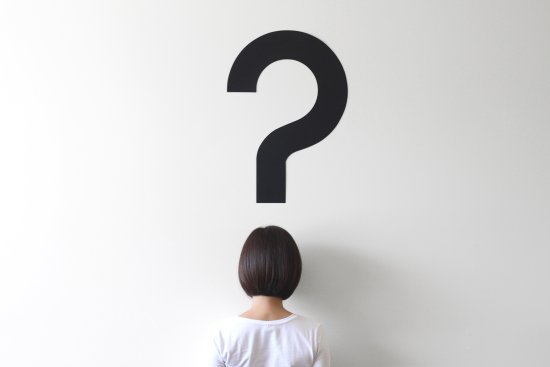
'Sometimes, I told them, the people who write books like this forget to include the girls'
It was my son who noticed first. “Where’s Wonder Woman,” he asked?
He had gotten into Superman, and after it became kind of a thing in the household, we decided to pick up some Wonder Woman merchandise, too, to make sure that our daughter wasn’t left behind. Soon they were both into superheroes: He loves Superman, Batman and Spider-man; she is fond of Wonder Woman and Supergirl.
But there was an imbalance. In the Wonder Woman book we read at night, she was shown practicing her world-saving skills with the Caped Crusader and the Dark Knight. At the end of the book, they even have what appears to be a steak-and-eggs brunch together, their superhero costumes peeking out from beneath their day clothes as they laugh over coffee.
When we turned to the Superman books, Wonder Woman was nowhere to be found. Even worse, a “Super Friends” book featuring several Justice League members went far enough down the list that it included Green Lantern and Aquaman—but still not Wonder Woman.
After my son pointed that out, I struggled with how to respond. At first, I tried to play it off, suggesting that Wonder Woman was behind that truck, helping fight the alien.
Kids know. Every time we opened the book, they both asked again, “Where’s Wonder Woman?”
Here was a parenting dilemma. My kids—both preschoolers—are too young to talk politics, and I don’t want to push them in a specific direction anyway. I couldn’t compress the history of sexism in media representation into a conversation they could follow, nor would I want to.
And neither do I want to inadvertently send a message that women and girls are somehow inferior. That’s my complaint with otherwise girl-friendly movies like Mulan and Brave, which set up their fearless protagonists as standing apart from the norm, and inadvertently end up reinforcing those norms.
Read more: First Lady Michelle Obama Talks About the Sexism She’s Faced
So after a few nights of dancing around the issue, I came up with an answer.
Sometimes, I told them, the people who write books like this forget to include the girls. That’s silly, right? This is a silly book. Let’s read the other one.
“Silly” is, after all, the ultimate kids’ way of policing improper behavior—in this case, failing to treat boys and girls the same.
There will be time later to talk more about all of this with both of them, but for now, sexism is silly seems just right.